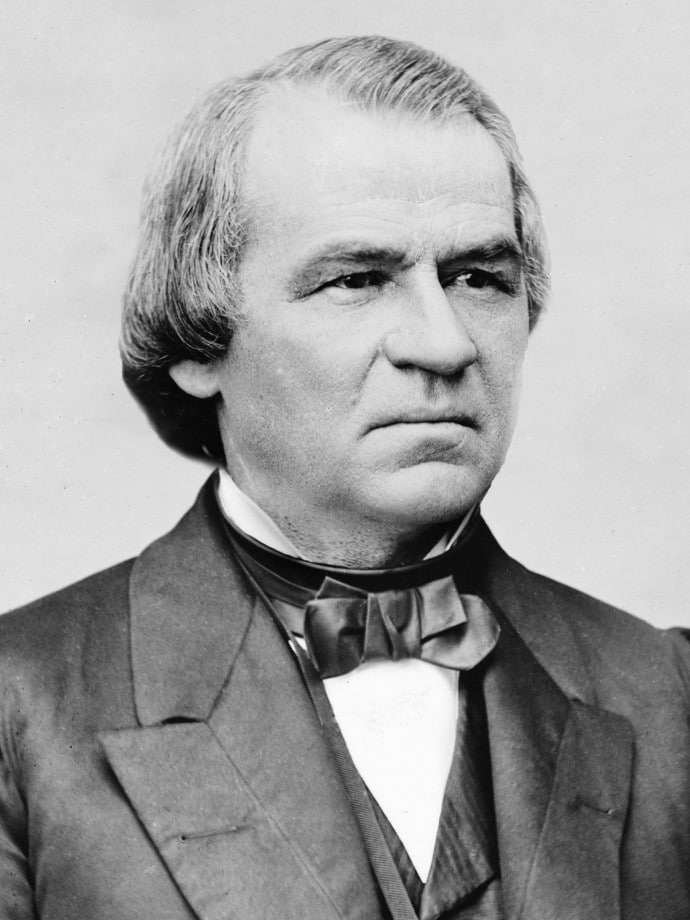The Volokh Conspiracy
Mostly law professors | Sometimes contrarian | Often libertarian | Always independent
Vice presidents matter more than you might think

Tonight's vice presidential debate probably won't matter much to the outcome of the presidential race. But there is good reason to pay attention to the VP nominees nonetheless.
This year, even more than in most election cycles, the vice presidential nominees have been obscured by the people at the top of the ticket. Hillary Clinton and Donald Trump are two of the most controversial and widely hated presidential candidates of modern times. As public attention focuses on them, there is little interest in Tim Kaine and Mike Pence. A recent ABC News poll found that 46 percent of Americans cannot even correctly recall Kaine as the Democratic VP nominee, and 41 percent could not correctly name Pence as the Republican candidate. Many of those voters who do know Kaine and Pence's names probably don't know much more about them than that. It's yet another example of widespread voter ignorance.
Perhaps such ignorance is not a problem, because the vice presidency doesn't matter much. As the saying goes, their only really important job is waiting around the for the president to die. But, in reality vice presidents often matter a great deal.
For one thing, waiting around the for president to die is actually a very important job. Eight presidents have done just that while in office, and been succeeded by their VPs. A ninth vice president - Gerald Ford - became president when Richard Nixon was forced to resign by the threat of impeachment. All told, over twenty percent of presidents have had their term cut short by death or resignation, leading to the succession of their VP. Such a high chance of ascending to the presidency is by itself enough to make the vice president important, even if he or she does not matter in any other way.
Some of the VPs-turned-presidents had a major impact on history. Harry Truman made the decision to drop the atomic bomb on Hiroshima and laid the foundations for Cold War-era US foreign policy. Theodore Roosevelt was one of the more important presidents of the early twentieth century. Andrew Johnson, who became president after Abraham Lincoln's assassination, undermined the effectiveness of Reconstruction by impeding efforts to protect the rights of newly freed African-American slaves. Some scholars believe that Reconstruction would have gone much better if Lincoln had lived, or if he had selected a vice president more sympathetic to African-American rights.
The chance of a VP succession may be higher with Clinton and Trump than with most other modern presidential candidates. Trump is 70 years old, and Hillary Clinton will turn 69 this year - relatively advanced ages for a newly elected president. Moreover, both have a history of scandals, which increases the likelihood of impeachment.
Those VPs who don't get into the Oval office because of death or impeachment are still often able to use it as a stepping stone to winning their party's presidential nomination in the future - as happened with Richard Nixon, Walter Mondale, and George H.W. Bush. While the office has little formal power, it is visible enough that the vast majority of voters come to know the vice president's name during his four or eight years in office, even if they did not know it before he got elected. Such name recognition is a major advantage in primary races.
Finally, at least a few vice presidents exercise significant influence over policy. Dick Cheney's major role in foreign policy under George W. Bush is a particularly notable example.
This year's VP nominees are notable for being far preferable to their parties' presidential nominees. Tim Kaine deserves credit for his principled stand in favor of enforcing constitutional limits on presidential power - opposing unconstitutional initiation of war by a president of his own party. By contrast, Hillary Clinton was one of the principal initiators of the unconstitutional Libya war, the handling of which President Obama now concedes was his "worst mistake."
Mike Pence has not taken any comparably admirable principled stances. But he is at least more competent and knowledgeable, and less authoritarian than Donald Trump. Before becoming the VP nominee, he also differed with much of Trump's horrendous policy agenda, though he has not dared to speak out against it since then.
But, however we evaluate Kaine and Pence, they are worth paying serious attention to. There is a real chance that one of them might become president himself in the not-too-distant future.


Show Comments (0)